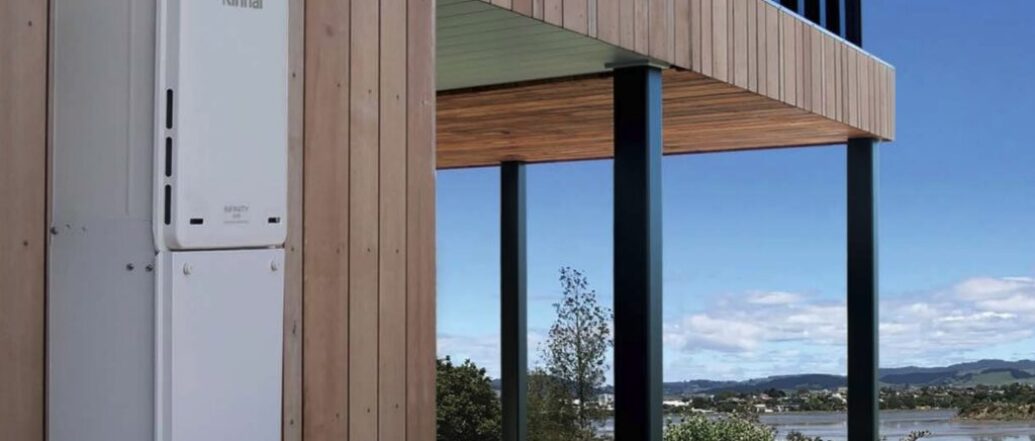Why Predicted Gas Price Increases Matter for Your Hot Water Strategy

Table of Contents
With changes in energy markets worldwide, those families that use gas to heat water will perhaps be the first to experience the consequences of gas price hikes. This situation turns out to be a very important moment for lots of New Zealand houses to think twice about their choices of hot water heating.
The Growing Risks of Gas Dependence
A large portion of houses in New Zealand are still using gas – either piped or bottled – for heating and hot water. However, as a result of worldwide energy demands, difficulties in supply, and changes in policies aimed at decarbonisation, specialists are predicting that the price of gas will go up, maybe substantially, in the next couple of years.
The price for a gas-powered water heater will continue to go up as gas gets more and more expensive. Therefore, the advantage of keeping old gas cylinders will be diminished.
Why Now Is a Smart Time to Consider Alternatives
Given the expected rise in gas costs, alternative hot water systems become more attractive and financially sensible:
- Electric or heat pump cylinders: These systems rely on electricity — which in New Zealand is increasingly generated from renewable sources, offering more stable pricing compared to gas.
- Heat pump hot water systems: Efficient and eco-friendly, heat pumps can significantly reduce energy bills versus gas, especially in households with high hot water demand. When designed with modern refrigerants (like CO₂), they offer both environmental benefits and long-term savings.
- Reduced exposure to volatile gas markets: With gas prices rising and potentially fluctuating, a switch to electricity-based systems offers predictability and insulation from future gas market shocks.

What Homeowners Should Do to Prepare
If your home currently uses gas for hot water — now may be an ideal time to anticipate the coming changes:
- Assess your present gas usage and then compare it with the potential electricity-based alternatives.
- Think about putting your money into a heat pump water heating system that can give you a reduction in your expenses after a while even though it is a little more costly, especially if the gas price is going to rise.
- Meet with an installer whom you trust and who can guide you on the suitable cylinder size, type (heat pump, electric storage, solar-assisted) and the most efficient way of setting it up for your

Why The Cylinder Guys Is Your Trusted Partner for the Switch
At The Cylinder Guys, we’re prepared to help homeowners future‑proof their hot water system. We offer:
- Expert advice on whether switching to electric or heat pump hot water makes economic and practical sense for your home.
- Installation and maintenance services for modern, efficient hot water systems — helping you avoid costly surprises as energy prices change.
- Guidance on sizing and system type based on household size, hot water demand, and anticipated energy costs.
Contact us today — and we’ll help you transition to a system that saves you money, protects you from gas‑price swings, and provides reliable hot water for years to come.